How Nationals MPs plotted Michael McCormack’s downfall
The plot to remove Michael McCormack was initiated in Canberra three weeks before Barnaby Joyce emerged from the Nationals party room as victor on Monday.
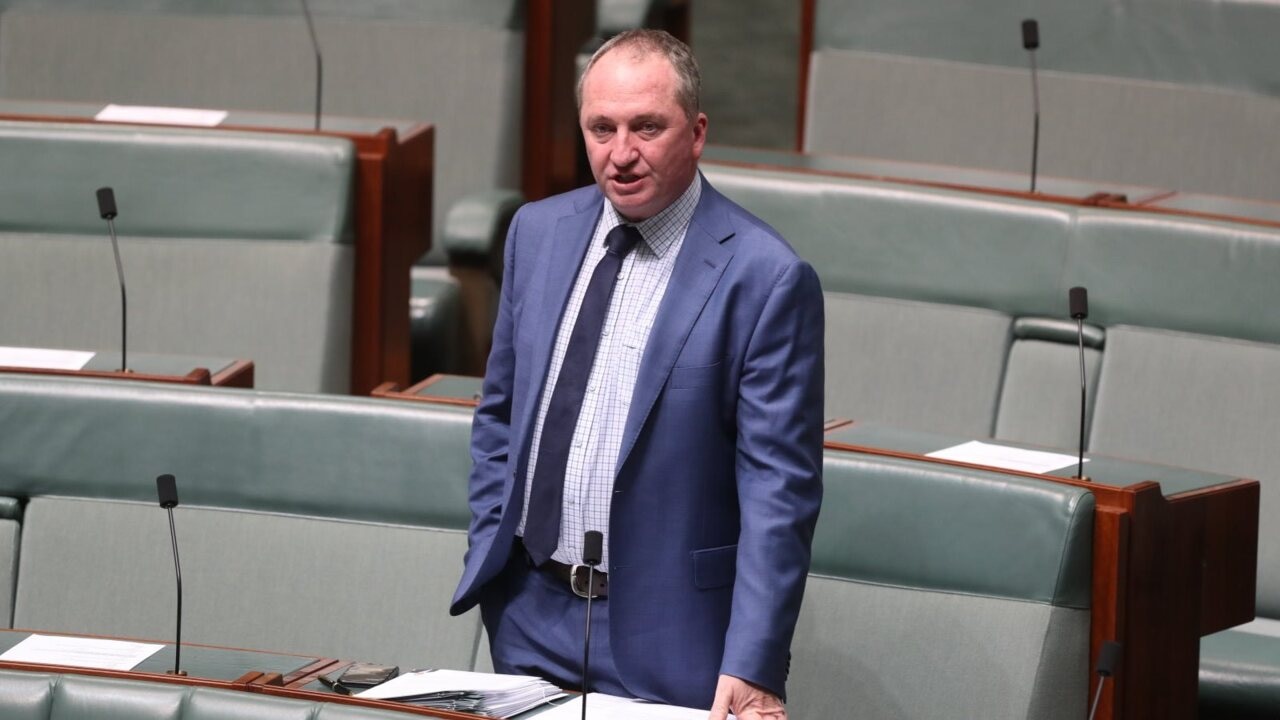
The plot to remove Michael McCormack was initiated in Canberra three weeks before Barnaby Joyce emerged from the Nationals party room as victor on Monday.
When Nationals MPs and strategists discussed moving against McCormack during the recent Senate estimates parliamentary fortnight, Joyce was short of the votes required to pull off one of the great Lazarus moments in modern Australian politics.
With the election clock ticking, the mood among the majority of Nationals MPs and senior figures was that a move against McCormack must happen before the winter break.
They were unhappy about McCormack’s lack of support for Northern Territory senator Sam McMahon, who was facing a challenge from Liberal-aligned Jacinta Price, and felt he was “blindly” following the Liberals on climate change without consulting his party room and with little regard for coalmining seats.
With an election due by May, and likely earlier, Nationals MPs were increasingly worried McCormack would be a liability, especially in areas such as central Queensland, the NSW Hunter and mid-north coast regions. They felt the only person with the cut-through and profile to match Scott Morrison was Joyce.
McCormack knew the end was coming. It was only a matter of how and when he would be removed. In recent weeks a senior Nationals figure rang The Australian to ask: “What’s happening?”
Exception to the rule
After narrowly avoiding his political execution last year and winning a pandemic reprieve, McCormack had hoped but never expected to survive to the election. A political assassination typically involves a trigger. In his case, there were too many to count.
McCormack never had majority partyroom support, which left him weak and exposed. The affable former newspaper editor often referenced the fact the Nationals never rolled their leaders. But, given the restlessness in the ranks, he knew he would be the exception to the rule.
He had a small rump of supporters, namely Mark Coulton and Michelle Landry, and others who backed him for cabinet and ministry jobs, such as Keith Pitt and Darren Chester. But he lacked any mandate or authority over his party room.
Joyce always carried a noisy and restless rump of seven votes in Matt Canavan, Llew O’Brien, George Christensen, Ken O’Dowd, David Gillespie and McMahon. Others in the ranks were increasingly unhappy with McCormack’s performance, lack of cut-through and political wins.
Following last year’s failed coup, McCormack jettisoned the Nationals’ best talent to make way for those who backed his leadership, sending Bridget McKenzie and Canavan to the backbench. In doing so, he left the Nationals with no representation in the Senate.

The numbers game
Left to their own devices in the upper house, McKenzie and Canavan launched the Nationals Senate Team, which began prosecuting and pursuing policy outcomes, forcing McCormack’s hand on several issues.
McCormack’s office was increasingly operating in a bubble, failing to consult colleagues on major policy announcements including the half-priced flights and aviation rescue packages.
With Christensen and O’Dowd retiring, and McMahon confronting a Northern Territory Senate preselection battle with Liberal Party-aligned candidate Price, Joyce had to move before the election. McKenzie was ambitious to return to cabinet and others, including former McCormack backer Andrew Gee, began drifting to the Joyce camp.
Joyce understood the mistakes from his rushed challenge in February last year, which was hastily run and poorly executed after Canavan quit cabinet and handed McCormack a winning trump card, luring Pitt with a job.
He needed to persuade a handful of MPs who remained cautious about reinstalling him after he was forced to resign in 2018 over a series of scandals. A Joyce backer said the difference between this week’s spill and last year’s failed coup was “Barnaby didn’t do the numbers this time”.
The first leadership spill was also foiled by the ambition of David Littleproud. The 44-year-old Queenslander, appointed as a cabinet minister by Joyce and Malcolm Turnbull in his first term as an MP, carries limited support in the party room but has a burning desire to become leader. For all of his ambition, the former agribusiness banker is a pragmatic operator. Joyce and his supporters knew they had to secure the support of Littleproud and Queensland senator Susan McDonald to lock the final vote.
Littleproud plan
The Australian understands central to Joyce’s strategy was a “succession plan”, setting up a path for Littleproud to claim the leadership in the future. The timing remains unclear. It could be to the election, or longer. As one person described it: “There’s no Kirribilli deal or anything like that, it’s just part of a longer-term strategy.”
The first public reference to the Nationals leadership spill emerged on Saturday after a strategic leak, which some pinned on either Pitt or Littleproud.
Under a third scenario, McCormack would have stepped aside and thrown his numbers behind Littleproud to thwart Joyce. Littleproud had said he would not challenge McCormack. Ultimately, McCormack called the bluff and ran, clearing a path for Joyce.
Taking a punt
The Australian understands no one in the Liberal Party was keen on the idea of Joyce returning as leader. McCormack had been a good fit for Morrison, especially during a pandemic. The pair worked closely together, which played badly for McCormack inside the Nationals party room.
Morrison and Joyce will have to make their relationship work with an election expected sometime between October and March. If Joyce performs, he will provide Morrison with campaign muscle in key battleground regions.
Nationals MPs repeatedly criticised McCormack for failing to secure consistent wins for the party and his lack of input in major government policies, especially in the energy and climate space.
Joyce has been put into the job to take it up to the Liberals, and the first step will be negotiating a new Coalition agreement, navigating differences on climate and recalibrating ministerial portfolios.
Under threat from independents, One Nation, Shooters and Fishers, Labor and the Libs in three-cornered contests, the Nationals are desperate for modern relevance.
The old Country Party, with strong, long-serving leaders like John “Black Jack” McEwen, Arthur Fadden and Doug Anthony, always had a clear mandate and purpose.
Nationals MPs have taken a punt on Joyce in the hope he can recover his best form, restore the power balance with the Liberals and ensure the party holds its ground at the election.


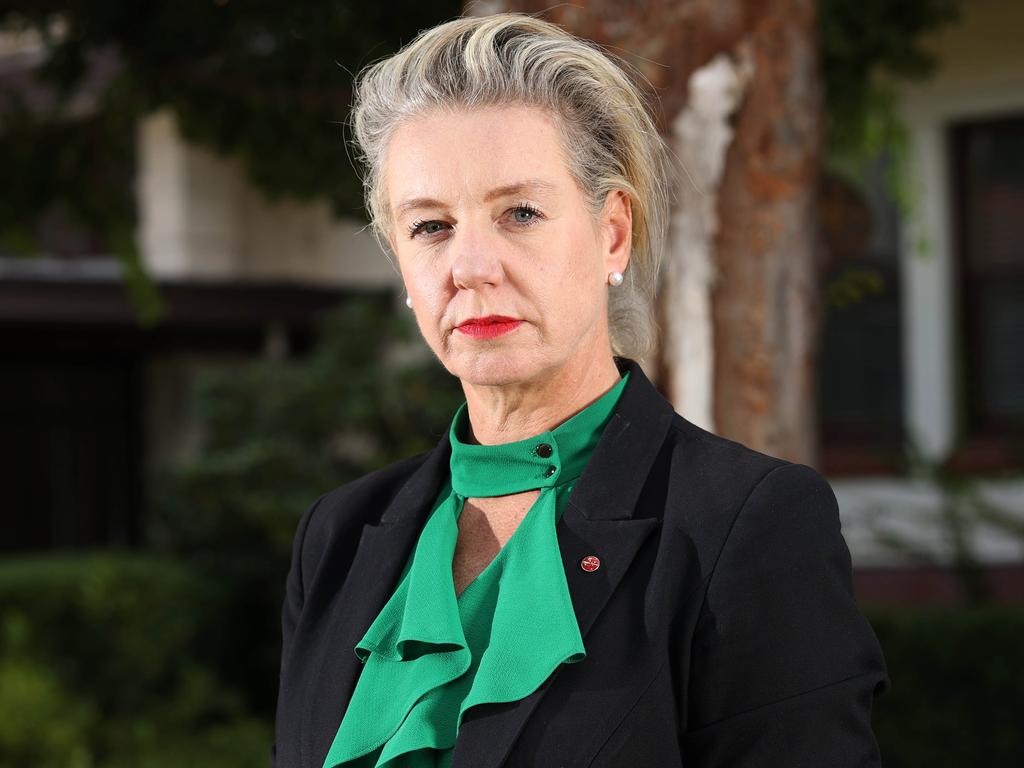
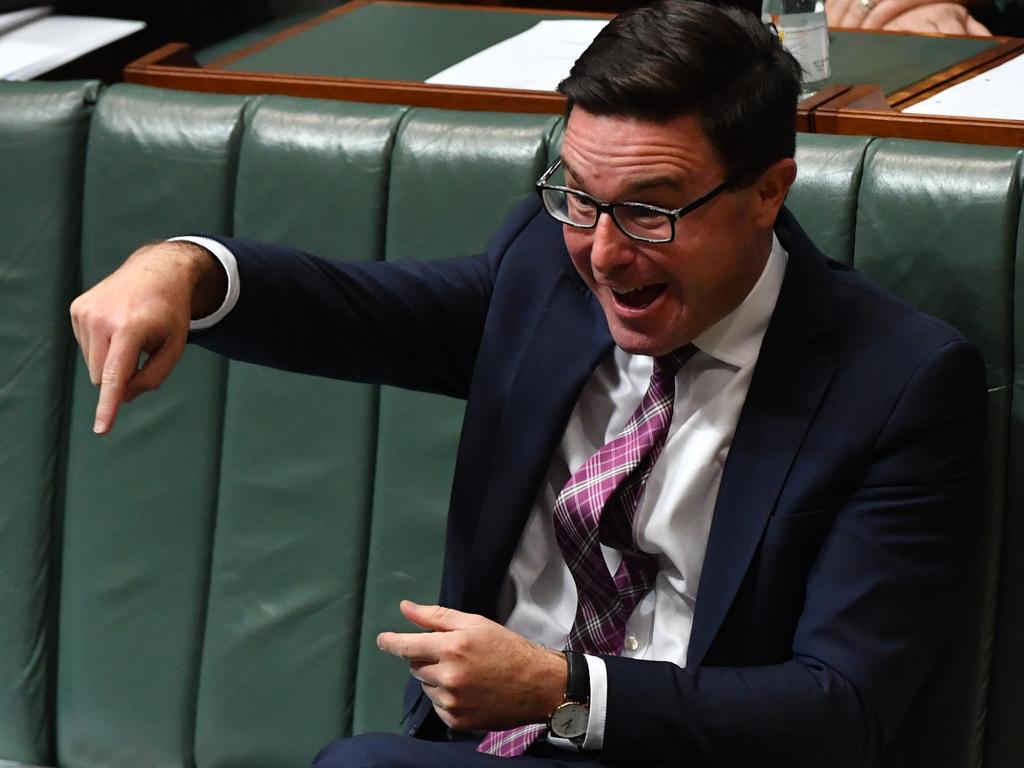
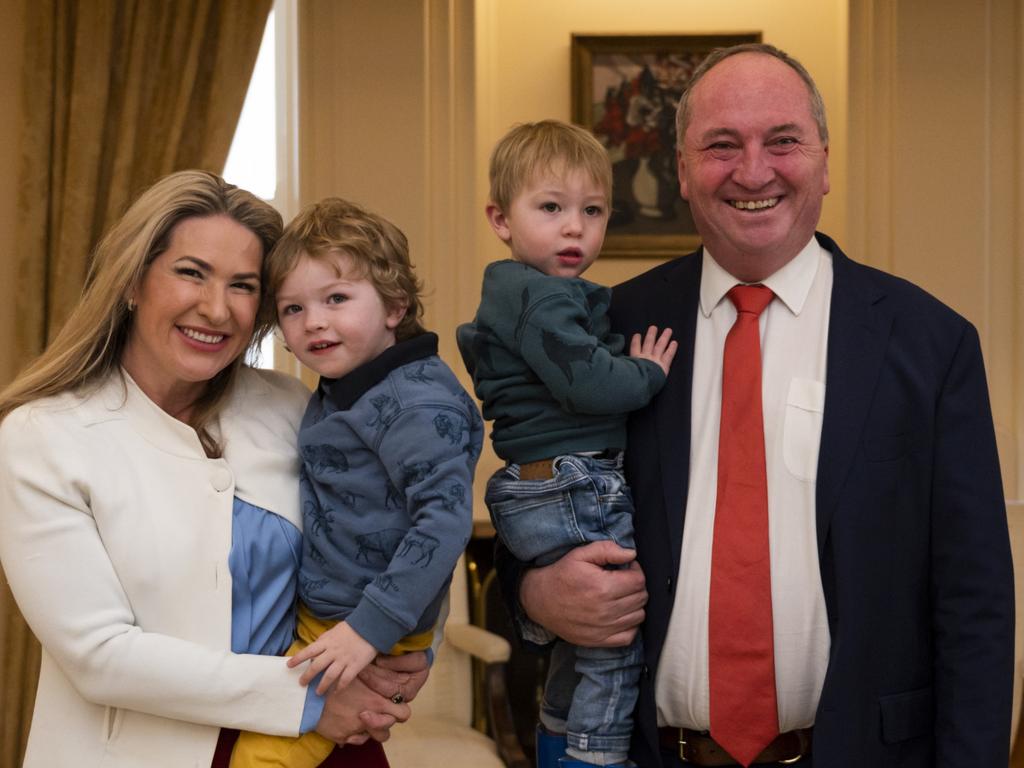

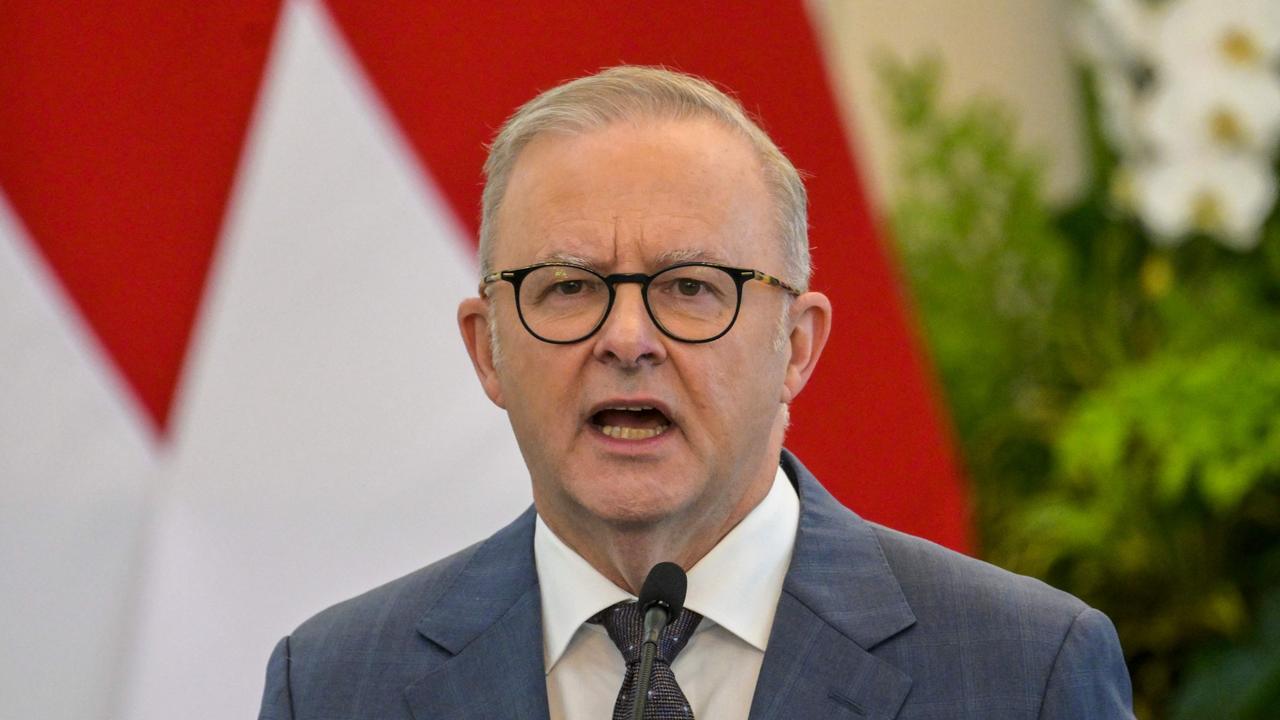
To join the conversation, please log in. Don't have an account? Register
Join the conversation, you are commenting as Logout